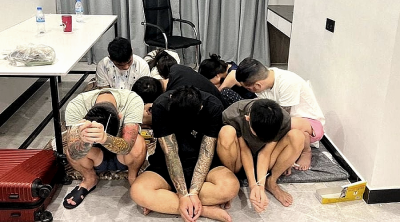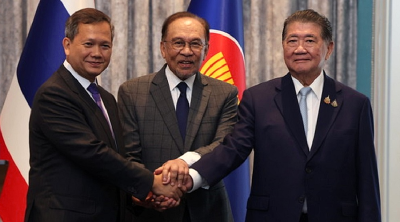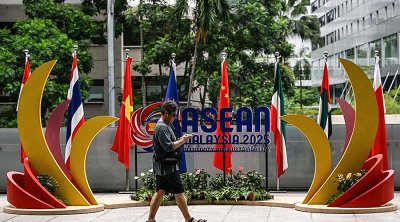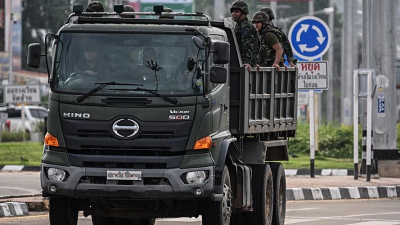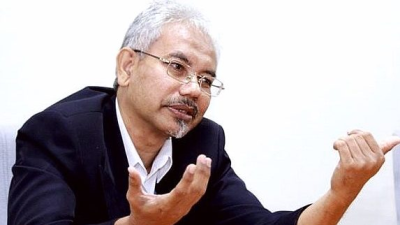PETALING JAYA: The Global Anti-Scam Organisation (GASO), a voluntary group that warns the public about scams and supports the victims, says the group has decided to stop rescuing Malaysian and Taiwanese victims duped to work in Cambodia with immediate effect.
Despite being highlighted by media and politicians to increase public awareness about online scams, Malaysians continue to take up fake job offers in Cambodia, said Alice, a GASO representative in Malaysia.
She clarified that GASO stopped rescuing Malaysians not because of the ungrateful rescued victims but it discovered that many chose to risk themselves even though they were aware it was a scam.
“They should be responsible for their action and decision. GASO should channel its resources to help others,” she said.
She did not rule out the possibility that people who proceeded to work for scam groups believed they would be rescued eventually.
GASO has handed in the details of 15 Malaysians waiting to be rescued to the Malaysian Embassy in Cambodia over the past one month.
These details will then be handed over the local authorities.
“Of the group, ten are still waiting to be rescued,” she said.
GASO assisted the embassy by contacting the victims’ families for information required in order to rescue them from the syndicates.
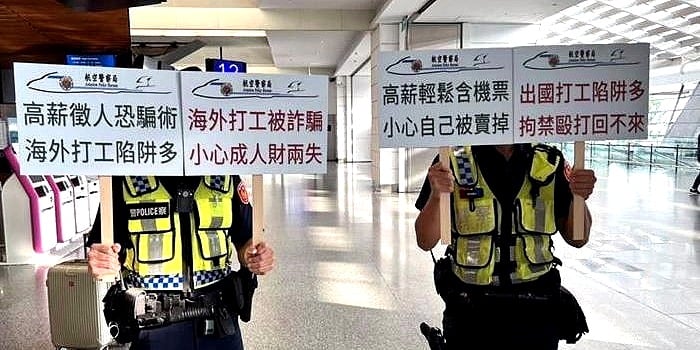
Alice said the embassy and relevant authorities were concerned with the issue and had tried their best to rescue the victims.
“We hope that Malaysians do not take up jobs offers by the syndicates. Those who are aware of the scammers but still opt to work for them are actually wasting our resources and manpower to rescue them,” she said.
In a statement posted on Facebook on 6 August, GASO said it had rescued about 60 victims but none had thanked the group. They did not even reply to the messages after returning home.
Despite risking themselves to rescue the victims, the volunteers do not seek donations from the victims’ families.
“One of the members in the rescue team is on wanted list. The hostel housing the victims was supported by another volunteer on loans. Those who are in charge of the cases spend their own money to help the victims. They risk being arrested by the Cambodian police any time,” GASO said.
GASO’s founder, identified as Xellos, posted on the group’s official website that at least five people, including the founder, had sold their cars and properties after being duped by the cyber scams. Two were declared bankrupt. One even attempted suicide due to huge debt.
In one of the articles posted on the website, Xellos said that as cyber scam victims, GASO volunteers sought help from government agencies, financial institutions, enforcement and social media companies.
The government agencies and enforcement department almost did not do anything apart from recording their complaints.
The trans-border scams made investigation work challenging. Often, victims were located in areas beyond legal jurisdiction.
Xellos thanked the volunteers for helping the victims at the lowest ebb in the lives.
ADVERTISEMENT
ADVERTISEMENT






